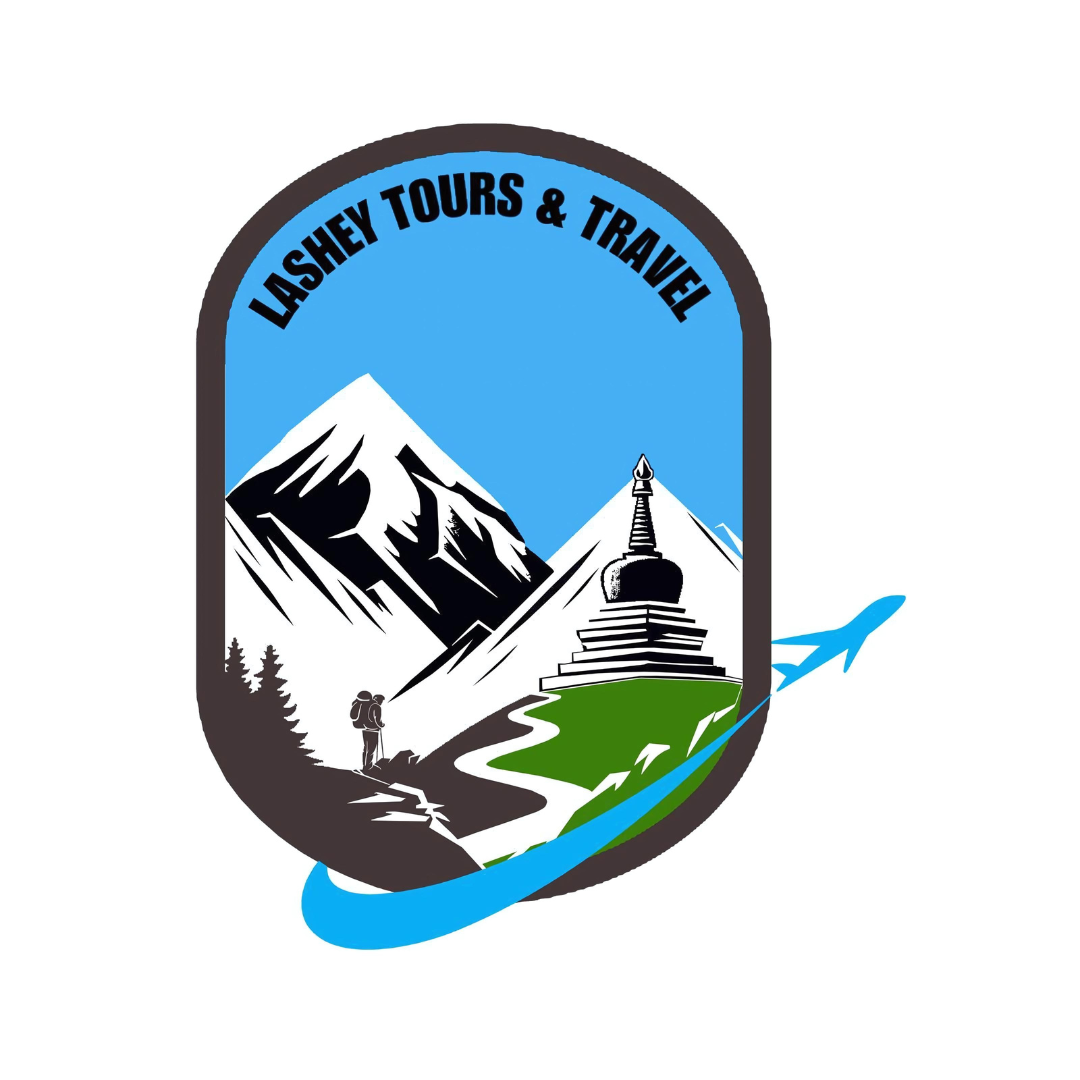Overview
Bhutan, officially known as the Kingdom of Bhutan, is a small landlocked country in South Asia, nestled in the Eastern Himalayas. It is bordered by China to the north and India to the south, east, and west. Known for its stunning landscapes, rich biodiversity, and unique cultural heritage, Bhutan is often referred to as “The Land of the Thunder Dragon.” The country’s capital and largest city is Thimphu.
Culture and Heritage
Bhutan is renowned for its well-preserved cultural heritage, deeply rooted in Buddhism. The country measures its progress through Gross National Happiness (GNH), which prioritizes the well-being of its citizens over material wealth. Bhutanese culture is reflected in its architecture, festivals, and traditional practices. The distinctive Bhutanese dzongs (fortresses), monasteries, and traditional houses exemplify the country’s architectural style.
Natural Beauty
Bhutan’s landscapes are characterized by their diversity, ranging from subtropical plains to alpine mountains. The country is home to several protected areas, including national parks and wildlife sanctuaries, that conserve its rich flora and fauna. Trekking and hiking in Bhutan offer spectacular views of the Himalayas, lush valleys, and pristine forests.
How to Get Into Bhutan
Visa and Entry Requirements
- Visa Application:
- All tourists, except nationals from India, Bangladesh, and the Maldives, need a visa to enter Bhutan.
- Tourists must book their trip through a licensed Bhutanese tour operator or an international partner. The tour operator handles the visa application process.
- A minimum daily package is required for tourists, which covers accommodation, meals, a licensed guide, and transportation within Bhutan.
- Visa Approval:
- Once the trip is booked, the tour operator submits the visa application on behalf of the tourist.
- The visa is approved by the Tourism Council of Bhutan and issued electronically. A copy of the visa clearance letter is sent to the tourist.
- Entry Points:
- By Air: The main international airport is Paro International Airport (PBH), which has flights from several major cities, including Bangkok, Delhi, Kathmandu, and Singapore. Druk Air and Bhutan Airlines are the two carriers operating flights to Bhutan.
- By Land: Tourists can also enter Bhutan via land through three border points with India: Phuentsholing, Gelephu, and Samdrup Jongkhar.
Travel Restrictions and Guidelines
- Minimum Daily Package:
- The minimum daily package fee is set by the government, ensuring a high-quality experience for tourists and contributing to sustainable tourism. The fee varies depending on the season and group size.
- The fee includes all internal taxes and charges, a sustainable development fee, accommodation, meals, a licensed guide, and internal transportation.
- Sustainable Development Fee:
- As of recent updates, tourists are required to pay a sustainable development fee, which is included in the minimum daily package. This fee supports various environmental and cultural preservation projects.
- Seasons and Best Time to Visit:
- The best times to visit Bhutan are during the spring (March to May) and autumn (September to November) when the weather is pleasant, and several festivals take place. The peak tourist seasons are during these periods, so booking in advance is advisable.
Practical Tips
- Health and Safety:
- Bhutan is a safe destination with low crime rates. However, it’s advisable to take standard precautions and follow the guidance of your tour operator.
- Ensure you have travel insurance that covers medical expenses and emergency evacuation.
- Currency:
- The official currency is the Bhutanese Ngultrum (BTN). Indian Rupees are also widely accepted. Credit cards are accepted in major hotels and shops, but it’s advisable to carry some cash for small purchases and remote areas.
- Connectivity:
- Bhutan has decent internet connectivity in urban areas, but it might be limited in remote regions. Tourists can purchase local SIM cards for better connectivity.
- Cultural Sensitivity:
- Respect local customs and traditions. Dress modestly, especially when visiting religious sites. Seek permission before photographing people or religious artifacts.
Visiting Bhutan offers a unique opportunity to experience a country that prioritizes happiness, sustainability, and cultural preservation. By following the necessary procedures and respecting local norms, tourists can enjoy an enriching and memorable journey in this Himalayan kingdom.
